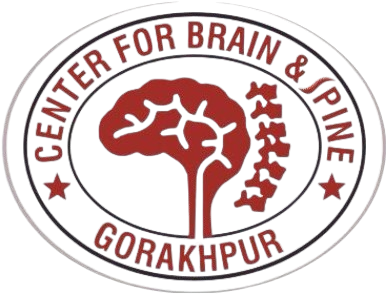Spinal Cord Injury (SCI) is a serious condition that occurs when damage to the spinal cord results in a loss of function, such as mobility or sensation. The spinal cord is a bundle of nerves that runs down the middle of the back and carries signals between the brain and the rest of the body. When the spinal cord is injured, the communication between the brain and body can be disrupted, leading to varying degrees of paralysis or loss of sensation below the site of the injury.
Types of Spinal Cord Injury:
Complete Injury: In this type of injury, there is a total loss of sensation and motor function below the level of the injury. The spinal cord is completely severed or damaged.
Incomplete Injury: In this type, some function remains below the level of the injury. The person may have some sensation and/or motor function, and the extent of the disability can vary widely.
Causes:
- Trauma: This is the most common cause, including motor vehicle accidents, falls, sports injuries, and violent acts.
- Disease: Conditions like tumors, infections, or degenerative diseases can also lead to SCI.
- Congenital Disorders: Some people are born with conditions that can cause spinal cord damage, such as spina bifida.
Symptoms:
- Paralysis: Partial or complete loss of movement in the limbs.
- Loss of Sensation: Inability to feel touch, pain, temperature, or position in the affected areas.
- Difficulty Breathing: If the injury is high on the spinal cord, it can affect the muscles that control breathing.
- Loss of Bowel and Bladder Control: The nerves that control these functions may be affected.
Diagnosis and Treatment:
- Diagnosis: MRI, CT scans, and X-rays are commonly used to assess the extent and location of the injury.
- Treatment: While there is currently no cure for SCI, treatment focuses on preventing further injury and improving the quality of life. This may include surgery, physical therapy, medications, and assistive devices. Experimental treatments, including stem cell therapy and electrical stimulation, are also being researched.
Prognosis:
The prognosis for individuals with SCI depends on the severity and location of the injury. Early intervention and rehabilitation can improve outcomes, but recovery can be a long and challenging process.

